Natural disasters can wreak havoc on communities, leaving a trail of destruction and an urgent need for recovery solutions. Following a hurricane, numerous opportunities arise for individuals and businesses to assist with reconstruction efforts, offering a chance to generate income in the process. One highly effective method for capitalizing on this situation involves utilizing a dump trailer. Below, we outline strategies, considerations, and potential pitfalls for making money with a dump trailer in the aftermath of a hurricane.
Understanding the Demand
The Aftermath of a Hurricane: A Critical Overview
Hurricanes often leave in their wake significant debris, flooded properties, and infrastructural damage. This creates a pressing demand for cleanup and restoration services. Key areas where businesses can thrive include:
- Residential Recovery: Homeowners are desperate to clear their properties of debris, manage junk removal, and begin the rebuilding process.
- Commercial Restoration: Businesses often require swift assistance to mitigate losses and restore operational continuity.
- Community Cleanups: Local governments and organizations may initiate large-scale cleanup efforts, seeking independent contractors or equipment rentals.
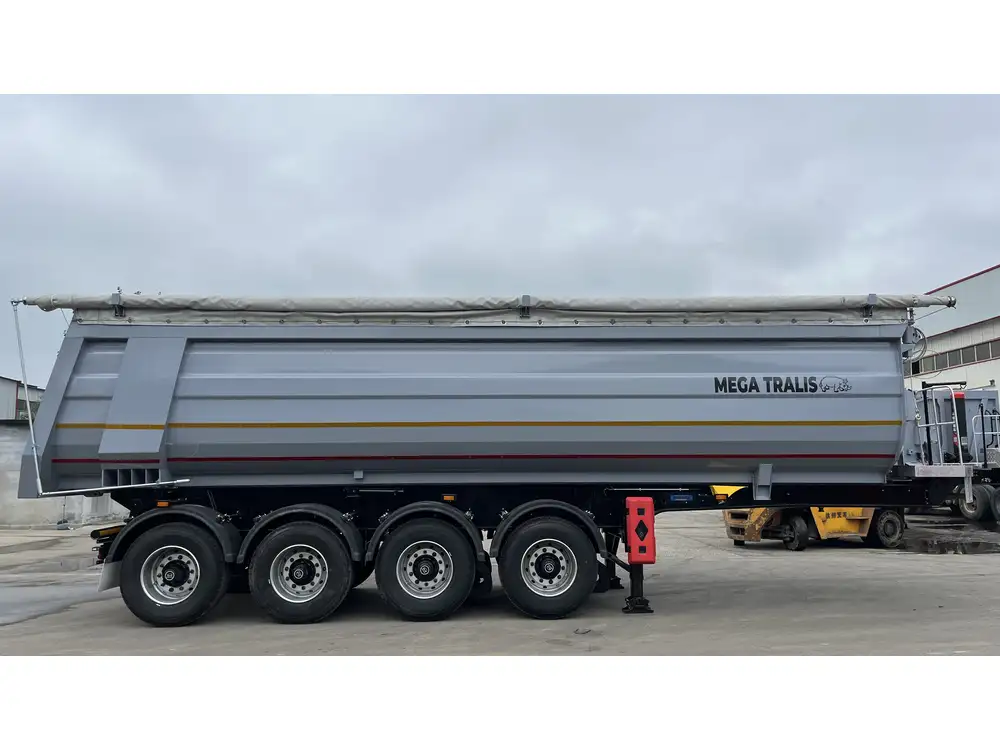
Target Customers
Recognizing your potential customers can guide your marketing strategies. Target demographics include:
- Homeowners: Many are looking for assistance in debris removal from their properties.
- Contractors: Construction professionals may require dump trailer rentals for their jobs.
- Government Agencies: Localities often need additional resources for public cleanup efforts.
Strategies for Monetizing Your Dump Trailer
1. Debris Removal Services
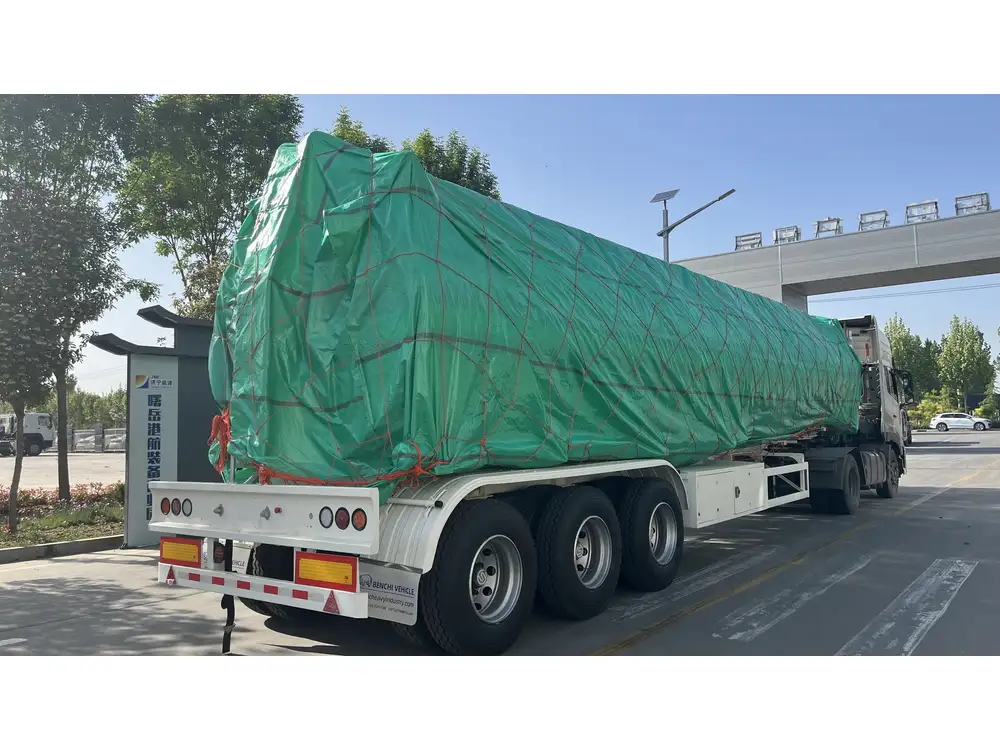
Residential Cleanouts
A straightforward method to generate revenue is by offering debris removal services to residential clients. Homeowners often need assistance with the following:
- Clearing Yard Debris: This includes branches, fallen trees, and wreckage.
- Junk Removal: Disposing of damaged furniture or appliances is a common need.
- Floodwater Management: Addressing areas affected by flooding can involve removing waterlogged materials.
Pricing Structure for Debris Removal
| Service Type | Typical Pricing Range |
|---|---|
| Yard Debris Removal | $200 – $1,000 per load |
| Junk Removal | $100 – $500 per item |
| Flood Cleanup | $300 – $1,500 per hour |
2. Renting Your Dump Trailer

Targeting Contractors
Consider renting out your dump trailer to contractors engaged in restoration and repair work. Contractors require dump trailers to facilitate the removal of debris efficiently. Offer competitive rental contracts, considering:
- Per-day Rates: An attractive daily rental price incentivizes contractors who need temporary assistance.
- Long-Term Contracts: Provide discounts for extended rental periods; this builds strong relationships with contractors.
Rental Pricing Models
| Rental Duration | Typical Pricing |
|---|---|
| Daily | $50 – $150 per day |
| Weekly | $300 – $1,000 |
| Monthly | $1,000 – $3,000 |
3. Partnering with Restoration Companies

Collaborative Opportunities
Form alliances with restoration companies that specialize in post-hurricane recovery. Many businesses may lack sufficient equipment for debris removal. Partnering can yield benefits such as:
- Contract work: Act as an additional service provider where restoration companies use your dump trailer for debris management.
- Revenue Sharing: Negotiate a percentage of earnings from jobs where your trailer plays a vital role.
4. Community Clean-Up Events
Organizing Volunteer Initiatives
Get involved in community efforts by organizing cleanup initiatives. This not only benefits the community but can also generate income through sponsorships and local partnerships. Strategies include:
- Engaging Local Businesses: Collaborate with businesses that might sponsor certain cleanup areas in exchange for publicity.
- Charging for Disposal: Set up a structured payment system, charging residents for debris disposal during the event.
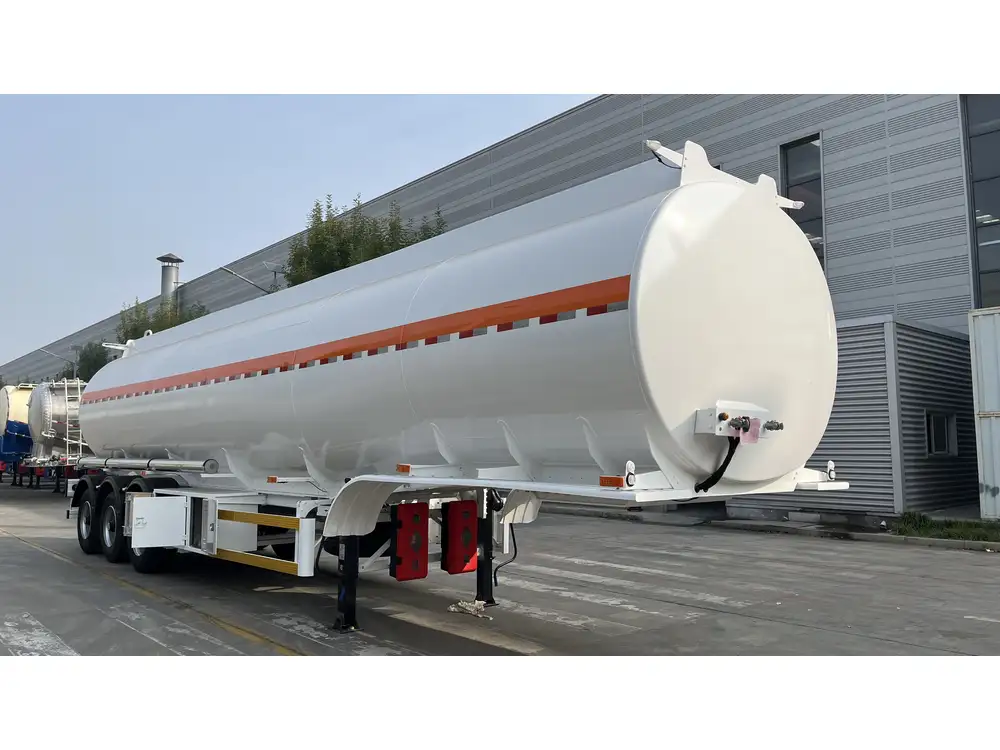
5. Diversifying Services
Expanding Your Offerings
Consider providing additional services that complement your dump trailer operations, such as:
- Landscaping Services: After debris removal, offer landscaping or repair services to homeowners.
- Storage Solutions: Provide temporary storage for homeowners needing a place to store undamaged items during the cleanup.
Equipment Preparation and Maintenance
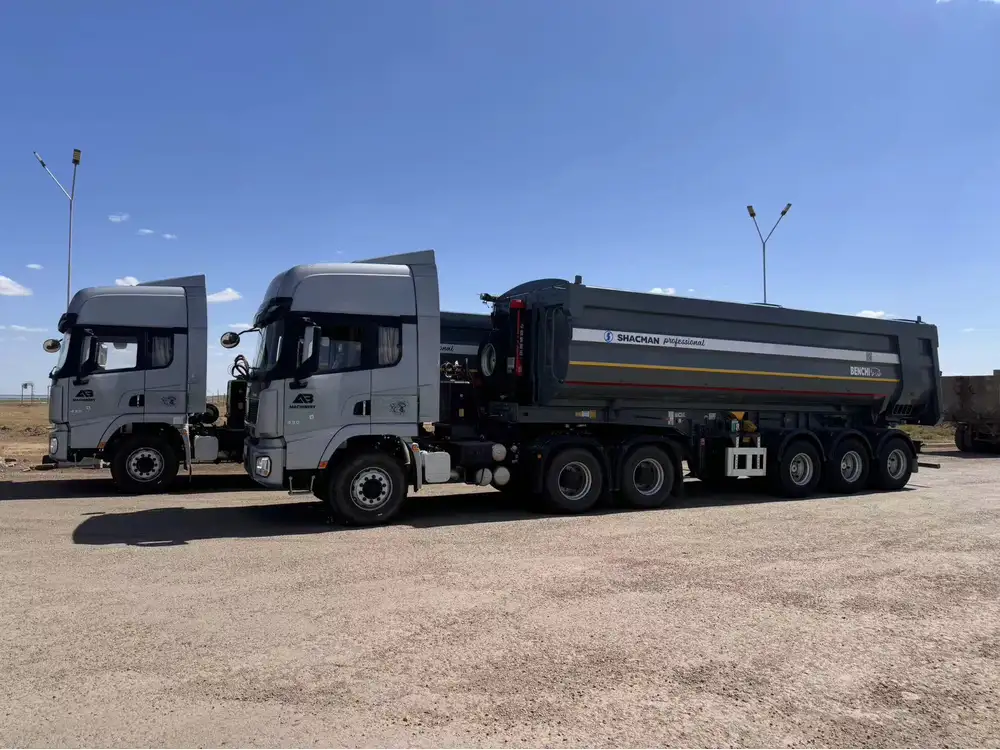
Ensuring Your Dump Trailer Is Ready
Prior to diving into any operations, ensure your dump trailer is well-maintained and compliant with local laws. Key considerations:
- Safety Inspections: Regular checks for functionality, including brakes, tires, and lights.
- Insurance: Have adequate insurance coverage for liability and damages.
- Permits: Verify if local regulations require any permits for debris removal or rental activities.
Marketing and Outreach Strategies
1. Online Presence
Establish a strong online presence to attract customers. Utilize platforms such as:
- Website: Create an informative website featuring service details, pricing, and testimonials.
- Social Media: Use platforms like Facebook and Instagram to showcase before-and-after photos of your work, encouraging community engagement.
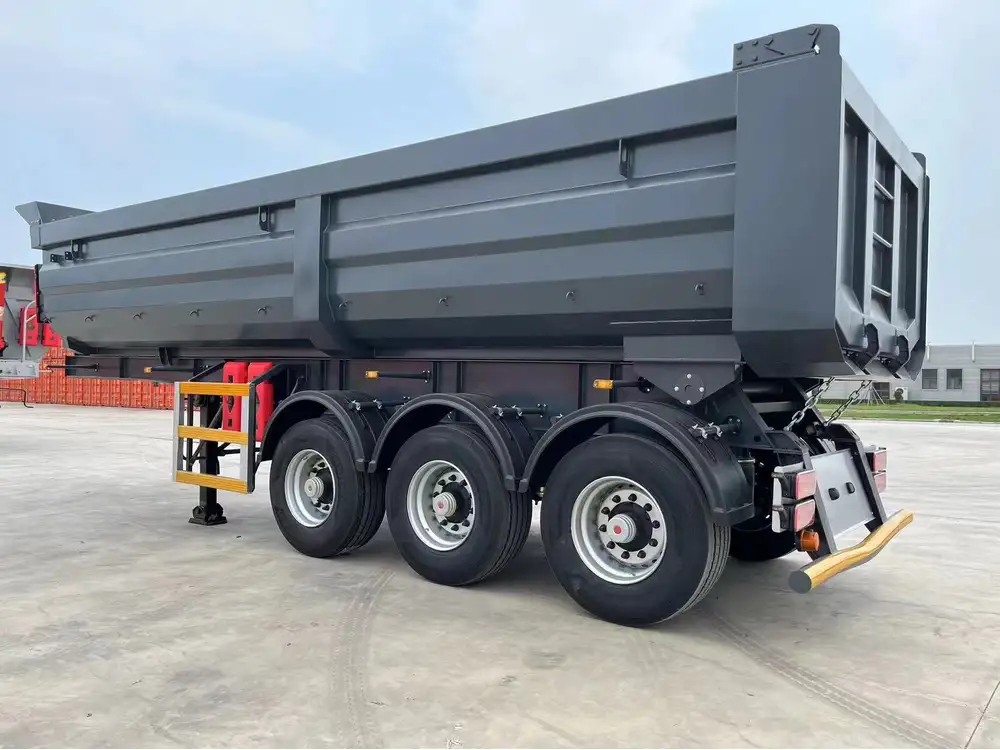
2. Local Advertising
Promote your dump trailer services through local channels:
- Flyers and Posters: Distribute flyers in neighborhoods that suffered from the hurricane.
- Local Newspapers: Advertise in community newspapers to reach a broader audience.
3. Networking
Leverage local business networks to spread awareness of your services:
- Chambers of Commerce: Engage with local chambers and attend events to connect with potential clients.
- Community Meetings: Attend town hall meetings where recovery efforts are discussed, offering your services to community leaders.
Challenges and Considerations
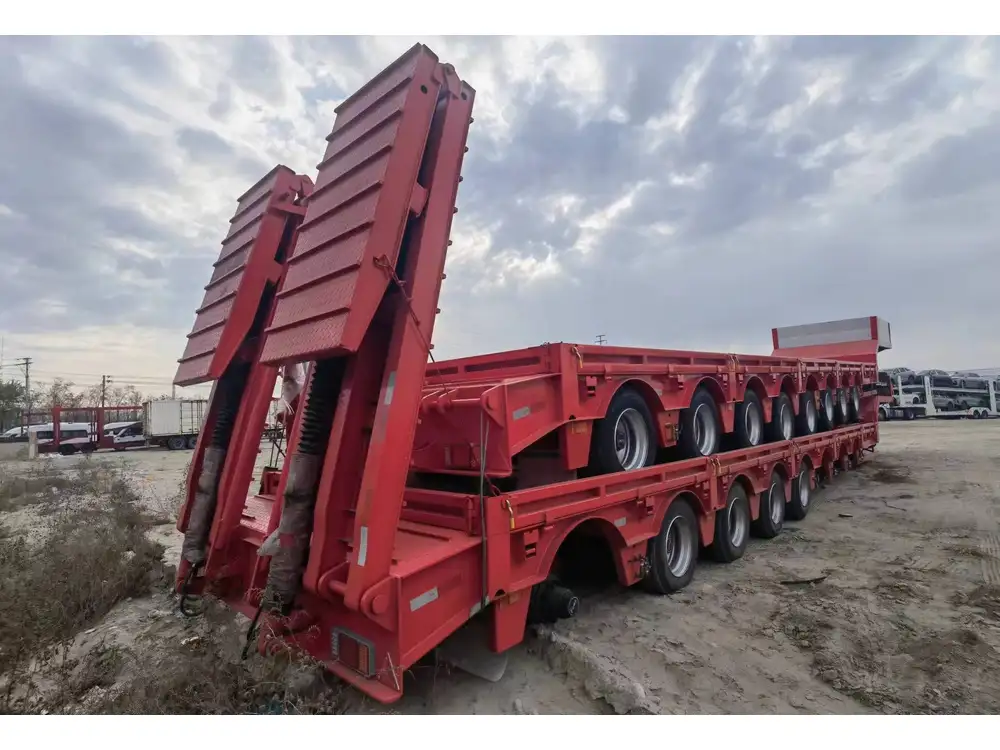
1. Seasonal Considerations
Hurricane seasons vary by region, which means the demand may fluctuate. Prepare for potential downtimes by diversifying your offerings and establishing a robust clientele.
2. Competition Analysis
In high-demand areas post-hurricane, competition may increase. Analyze local competitors and position your services as reliable and community-focused.
| Competitor Aspect | Your Strategy |
|---|---|
| Price | Competitive, transparent pricing |
| Service Diversification | Broad range of services available |
| Community Engagement | Active involvement in local events |
3. Safety and Legal Responsibilities
Debris removal can come with inherent safety risks. Always prioritize safety and ensure compliance with local laws. Equip your team with necessary tools and resources, and provide training if necessary.

Conclusion
Utilizing a dump trailer after a hurricane can be a lucrative endeavour for those prepared to respond to community needs effectively. By offering essential services, establishing valuable partnerships, and maintaining a strong marketing strategy, you can create a sustainable income stream while facilitating the vital recovery process for those affected. As you navigate this unique opportunity, remember that your efforts not only help to restore the physical landscape but also contribute to the emotional and economic rejuvenation of communities in distress.



